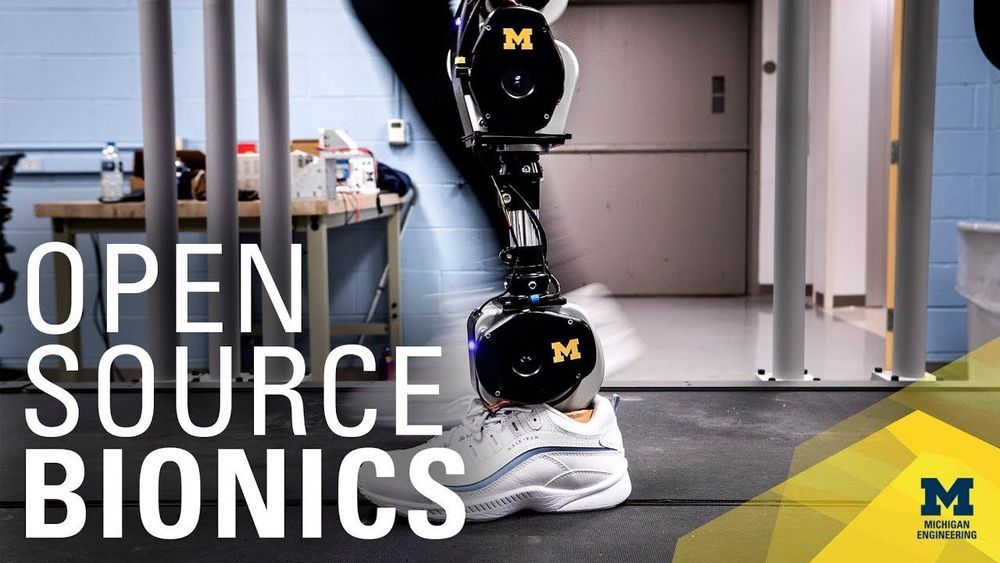A new open-source, artificially intelligent prosthetic leg designed by researchers at the University of Michigan and Shirley Ryan AbilityLab is now available to the scientific community.
The leg’s free-to-copy design and programming are intended to improve the quality of life of patients and accelerate scientific advances by offering a unified platform to fragmented research efforts across the field of bionics.
“Our Open-Source Bionic Leg will enable investigators to efficiently solve challenges associated with controlling bionic legs across a range of activities in the lab and out in the community,” said lead designer Elliott Rouse, core faculty at U-M’s Robotics Institute and assistant professor of mechanical engineering. “In addition, we hope our bionic leg will unite researchers with a common hardware platform and enable new investigators from related fields to develop innovative control strategies.”









Comments are closed.